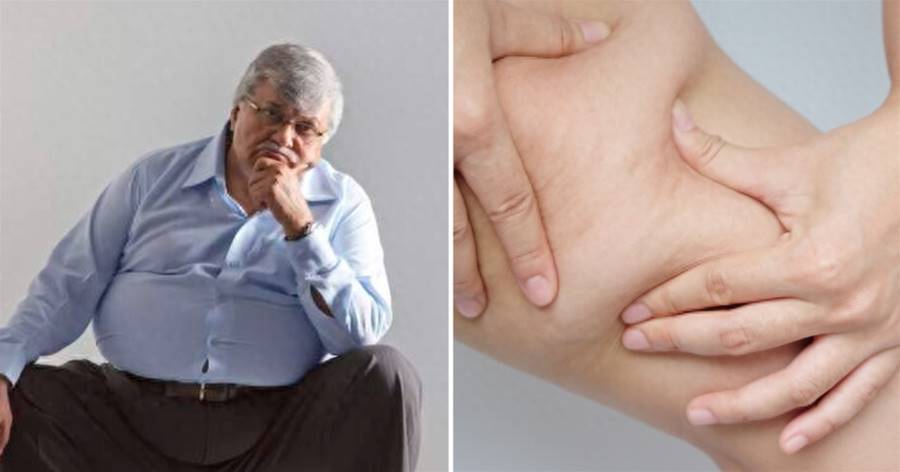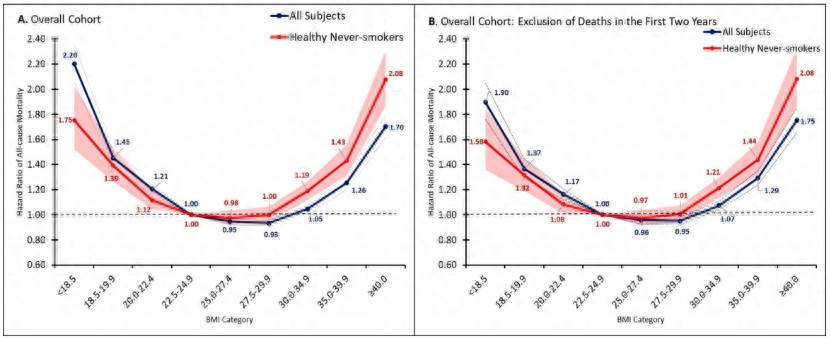
Reducing Weight in Old Age: Is "Thin" the Key to Longevity? Paragraph 1: Liu Ayi was always on the heavier side, but she never felt the need to lose weight until her body started to gain more weight after turning 50, increasing her risk of various illnesses associated with middle-aged obesity. Paragraph 2: Initially, she tried exercising and changing her diet to lose weight. However, due to her responsibilities in taking care of her grandchild, she couldn't find time for exercise and decided to focus solely on her diet by becoming a vegetarian.

Paragraph3: After a year of following a vegetarian diet, Liu Ayi noticed her declining health. She constantly felt tired, experienced leg pain while walking, and was diagnosed with osteoporosis by a doctor. Paragraph 4: Surprised by her diagnosis, Liu Ayi wondered if being thin in old age is beneficial for longevity.
She questioned whether her vegetarian diet, which was intended for weight loss, caused her health problems.

Paragraph 5: Study Reveals the Connection between Thinness and Longevity: Research conducted by Rutgers University found that overweight individuals with a BMI of 25-29.9 had a lower risk of death compared to those with a normal BMI of 18.
5-24.9. Similarly, a study conducted in China suggested that individuals aged 80 and above with a BMI ranging from 24 to 31.9 had a greater chance of living longer. Paragraph 6: Understanding BMI: BMI is calculated using the formula: weight (in kg) divided by height (in meters) squared. In China, the BMI standard for older adults should be between 20 and 26.9.

Paragraph 7: Relationship between Body Shape and Longevity: Research published in BMJ indicated that individuals with larger thigh and hip circumferences tend to have a lower risk of death and live longer. However, individuals with a thick neck and double chin often have central and systemic obesity, as well as a higher risk of cardiovascular problems. Paragraph 8: Facial Features and Longevity: Certain features, such as a rosy complexion, strong teeth, bright eyes, and a smiling face, may indicate a higher chance of longevity in older adults.

Conclusion: It is important to have a balanced perspective on weight loss in old age. Being excessively thin may not always be beneficial for longevity. Maintaining a healthy body shape and weight, along with overall well-being, should be the focus for old age.



















